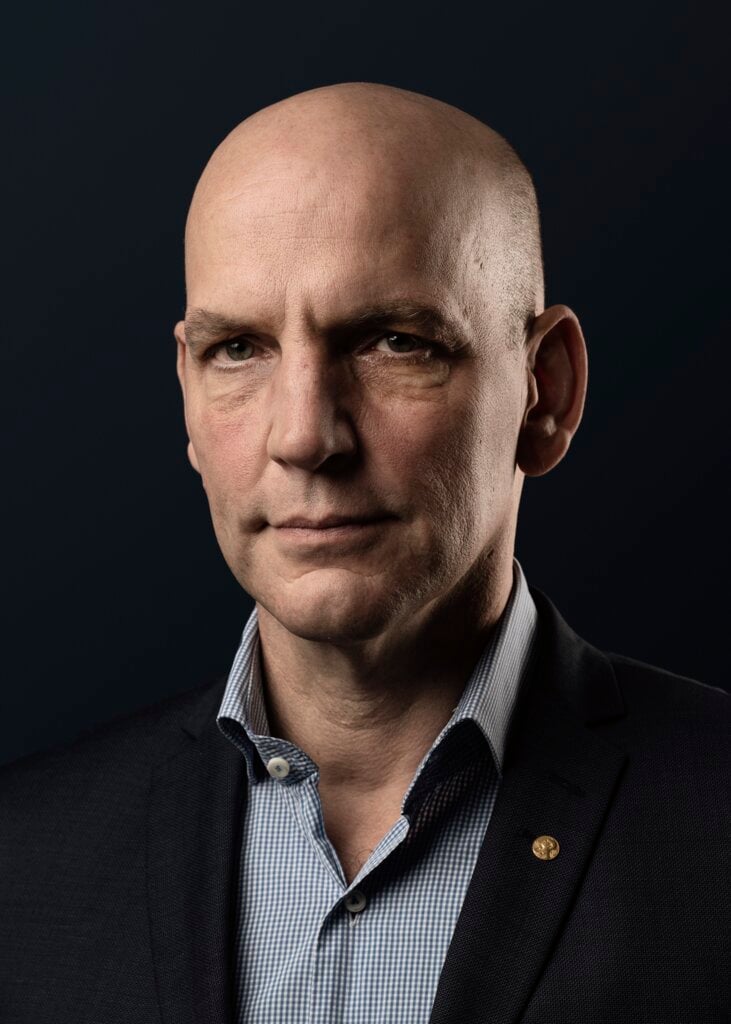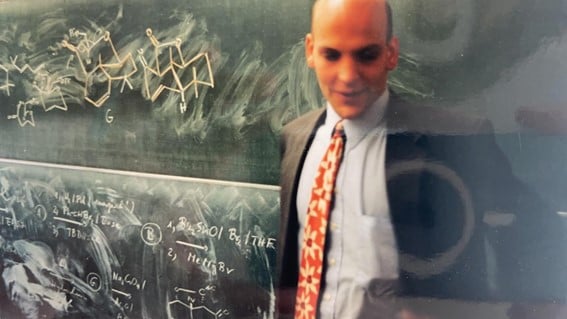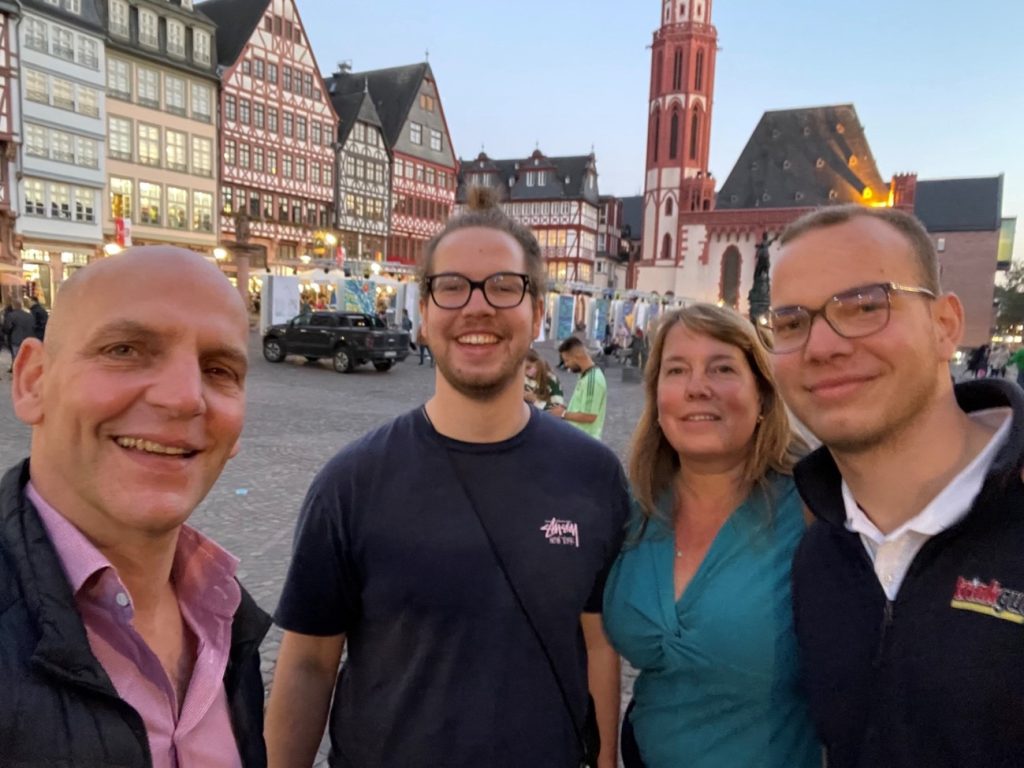Benjamin List
Biographical

I was born January 11th 1968 in Frankfurt am Main, Germany. I am a chemist and currently one of the directors at the Max Planck Institut für Kohlenforschung in Mülheim an der Ruhr. I also serve as professor of organic chemistry at the Universities of Cologne and Hokkaido. I wanted to become a chemist since I was eleven years old – and in 2021 I received the Nobel Prize in Chemistry together with David MacMillan for the development of asymmetric organocatalysis.
Born as a member of a family of scientists and artists, I spent my childhood in Frankfurt together with my mother and my brothers. The renowned cardiologist Franz Volhard and the chemist Jacob Volhard, student of Justus von Liebig, are among my ancestors. My aunt, Christiane Nüsslein-Volhard, received the Nobel Prize in Physiology or Medicine in 1995.
In 1993 I obtained my diploma in chemistry at the Freie Universität Berlin, in 1997 I received my PhD degree at the Goethe University in Frankfurt. My dissertation was on the synthesis of a vitamin B12 semicorrin, and my supervisor was Johann Mulzer.

For my postdoc I moved to La Jolla, California. I had the opportunity to work at the Scripps Research Institute with Richard Lerner and Carlos F. Barbas from April 1997 to December 1998 with a scholarship from the Alexander von Humboldt Foundation, and I was an assistant professor at Scripps from 1999 to 2003. It was then that I discovered proline-catalyzed intermolecular aldol and Mannich reactions and published my paper “Proline-Catalyzed Direct Asymmetric Aldol Reactions” in the Journal of the American Chemical Society – the paper that was one of the first to open up the field of organocatalysis. It was also in 1999 that my wife, Dr. Sabine List, and I got married in La Jolla. We have two sons, Paul and Theo.

In 2003 I returned to Germany to become group leader at the Max Planck Institut für Kohlenforschung. Two years later I was promoted to a director at the institute. I have been head of the Department for Homogeneous Catalysis Department ever since. By now, we are a group of approximately 50 people from all over the world. I started working as honorary professor of organic chemistry at the University of Cologne in 2004. In 2018 I became a specially appointed professor at the Institute for Chemical Reaction Design and Discovery at Hokkaido University in Japan. I am also editor-in-chief of Synlett, a scientific journal of the Thieme Publishing Group.
When I found my fascination for chemistry at the age of eleven, I thought that chemists can explain everything, since they look into the smallest parts of matter. This vision of an eleven-year-old proved, of course, to be wrong. We cannot explain everything. Nevertheless, I am very grateful and happy that in my career I had the chance to contribute to understanding a little bit more of the world we live in.
© The Nobel Foundation 2023
Nobel Prizes and laureates
Six prizes were awarded for achievements that have conferred the greatest benefit to humankind. The 12 laureates' work and discoveries range from proteins' structures and machine learning to fighting for a world free of nuclear weapons.
See them all presented here.
